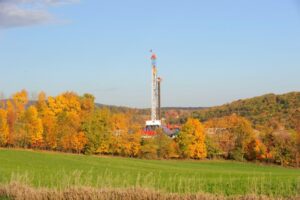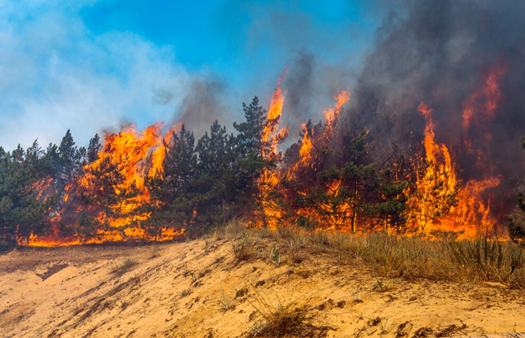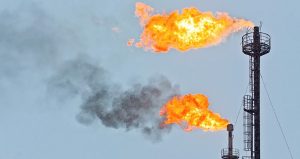By John Rutecki
Earlier this summer, EDF, Boston University School of Public Health, the University of North Carolina at Chapel Hill’s Institute for the Environment and PSE Healthy Energy published a peer-reviewed study that quantified the health impacts of oil and gas pollution, both in dollar value and human lives. The study found that in 2016 alone, pollution from oil and gas production caused $77 billion in health damages across the U.S and thousands of early deaths. Appalachian states had some of the highest health damage rates, especially on a per capita basis. Across Pennsylvania, Ohio and West Virginia there were over 1,000 deaths from oil and gas pollution, with some of the highest rates of childhood asthma exacerbations in the country.















